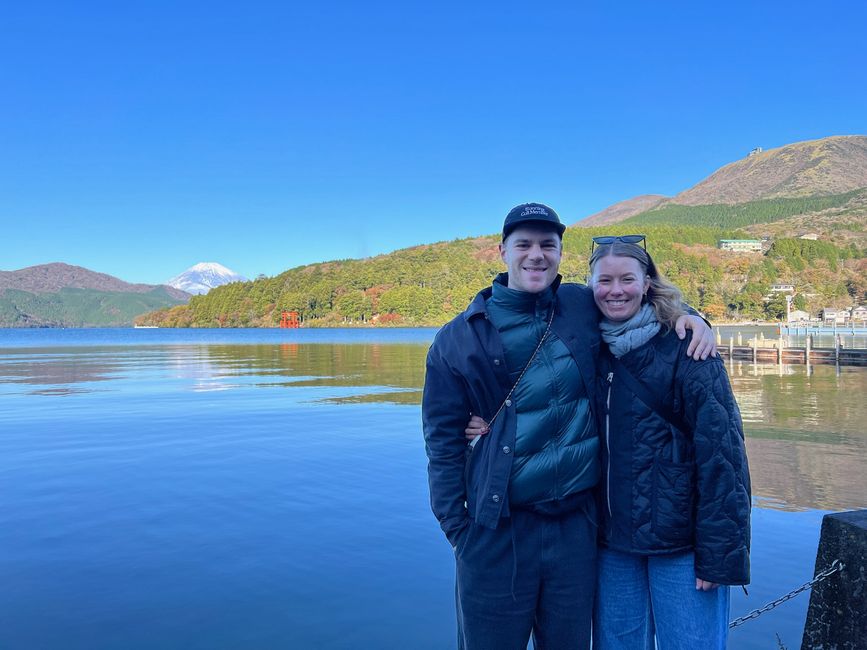
Kati und Philipp in Asien
vakantio.de/my-exchange-to-seoul
Suzhou - Venice of the East
Gipatik: 01.10.2017
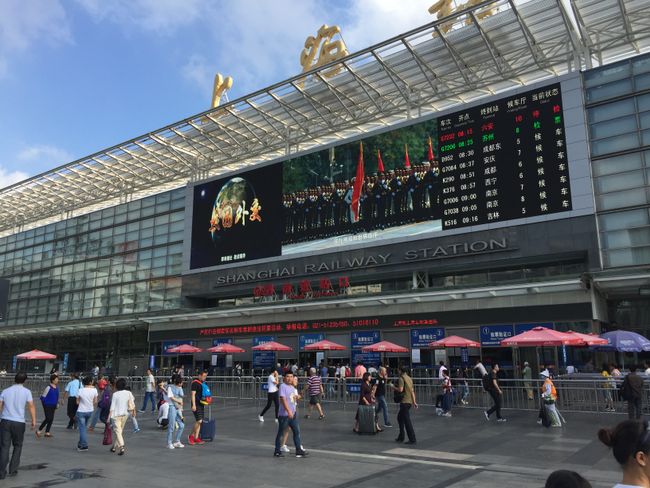
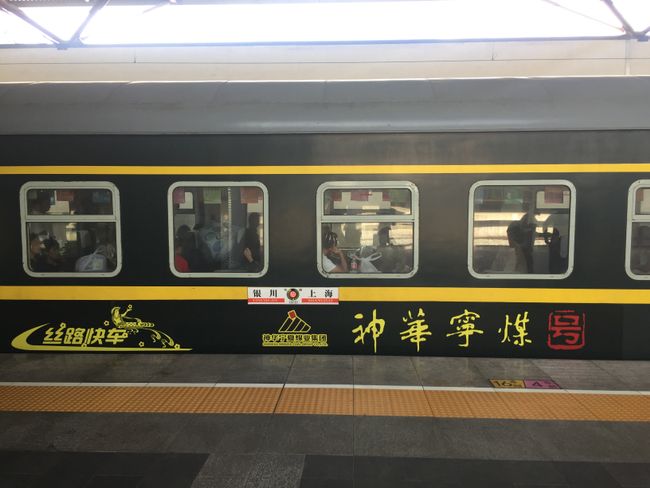
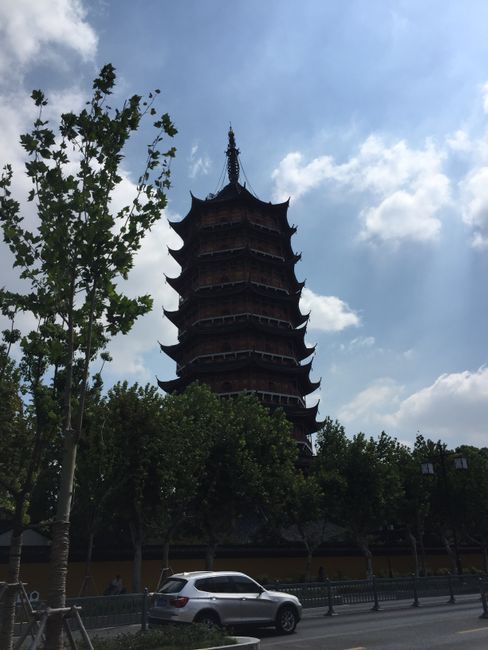
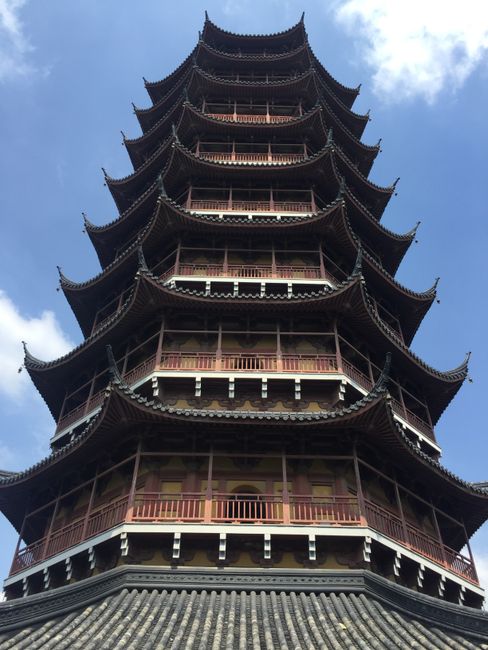
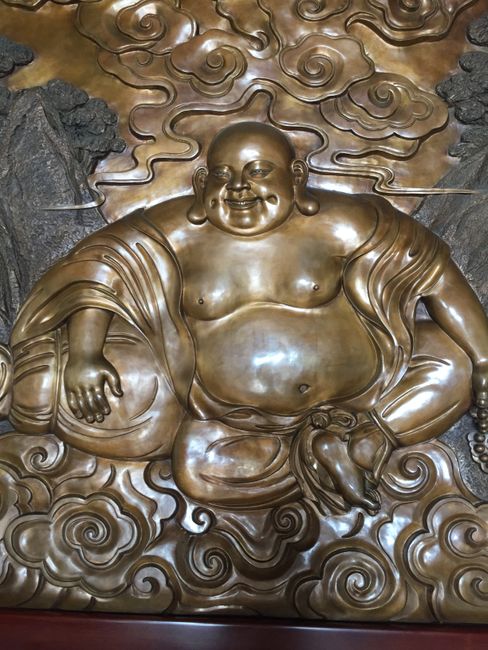
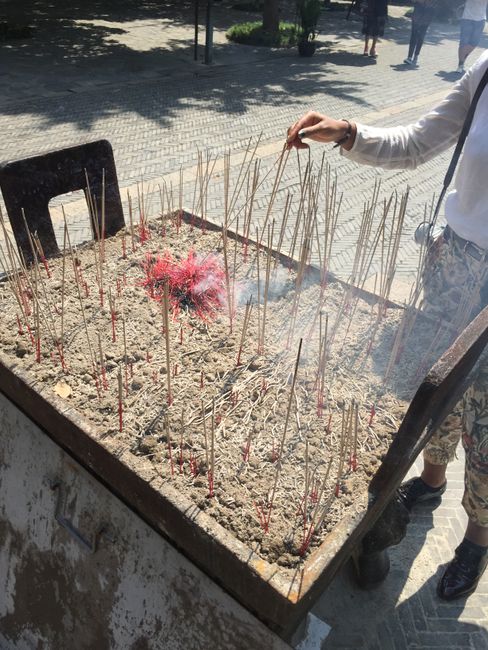
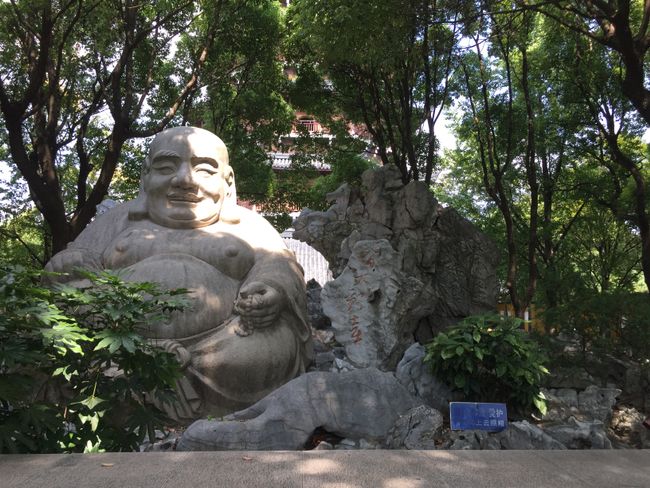
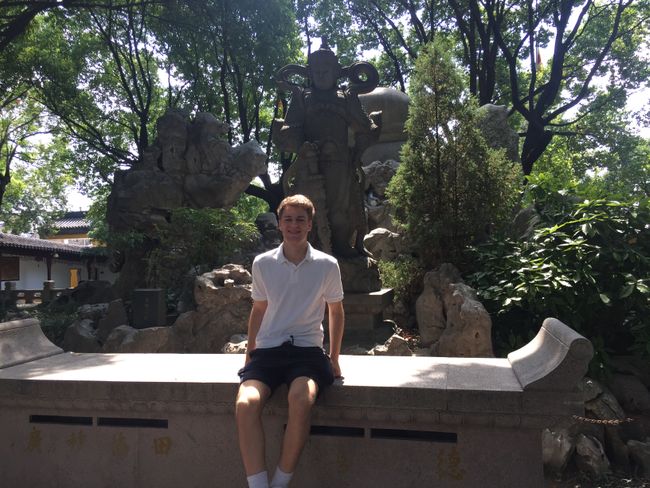
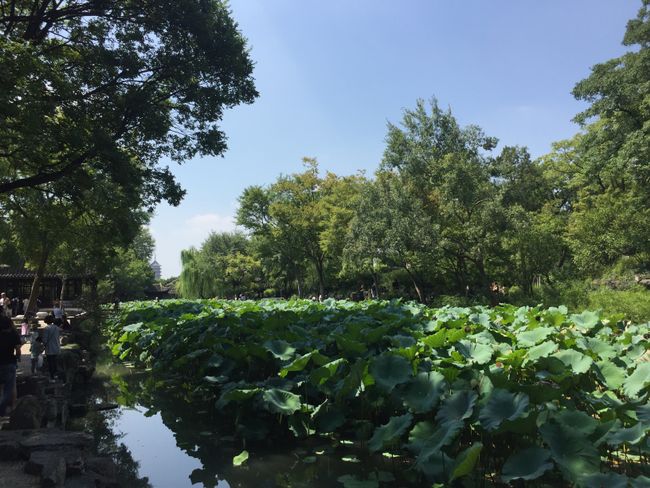
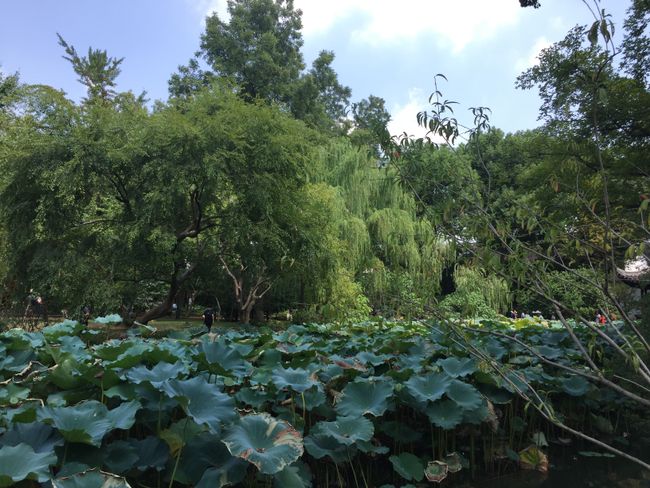
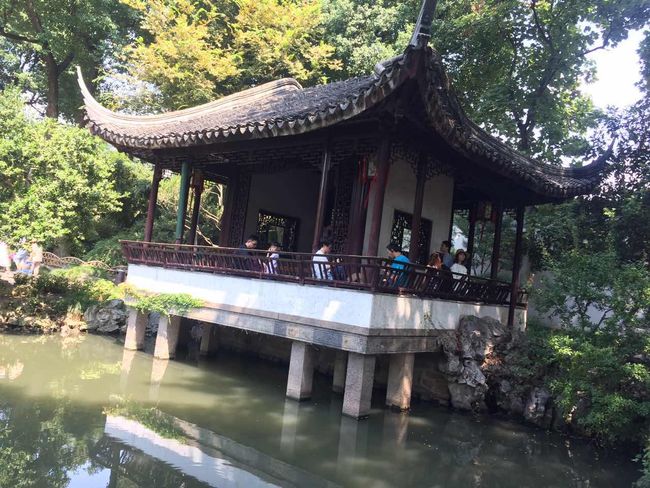
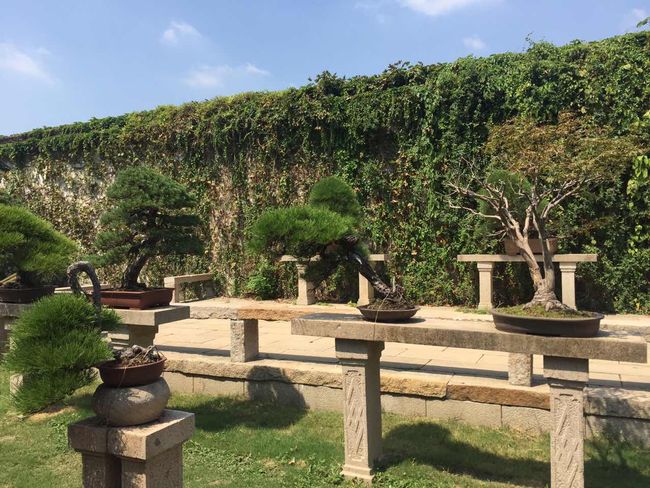
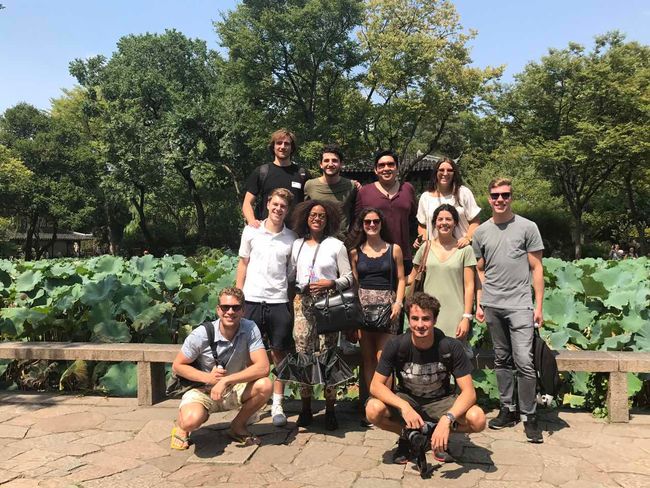
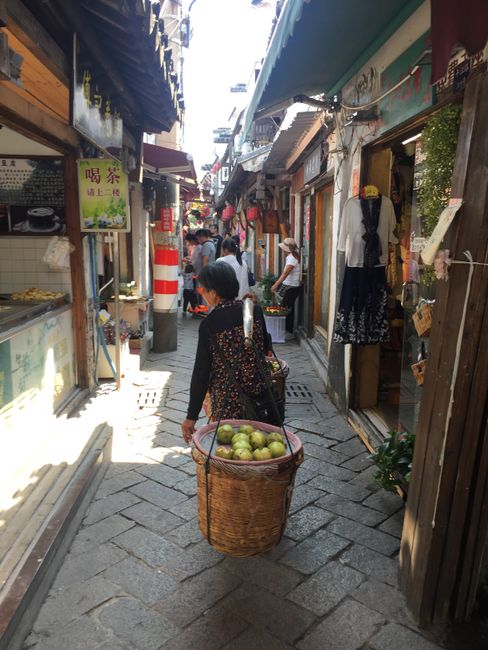
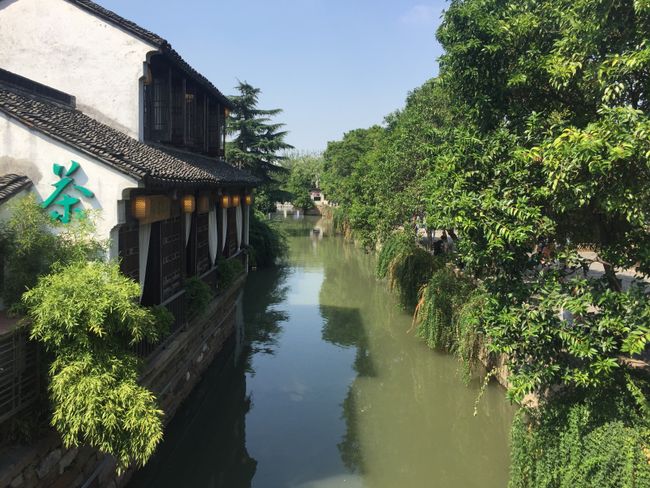
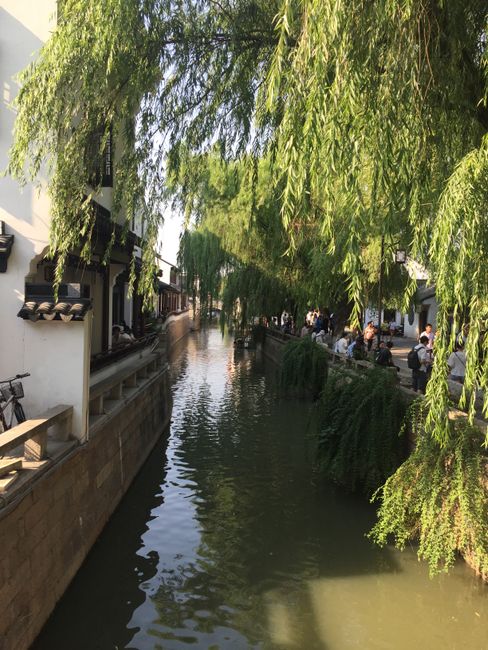
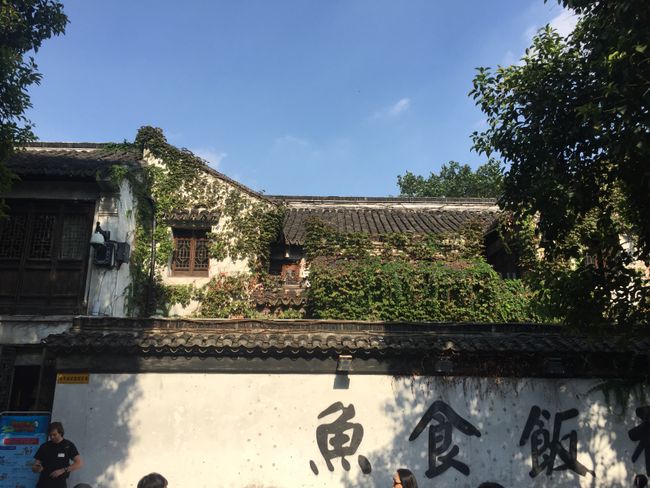
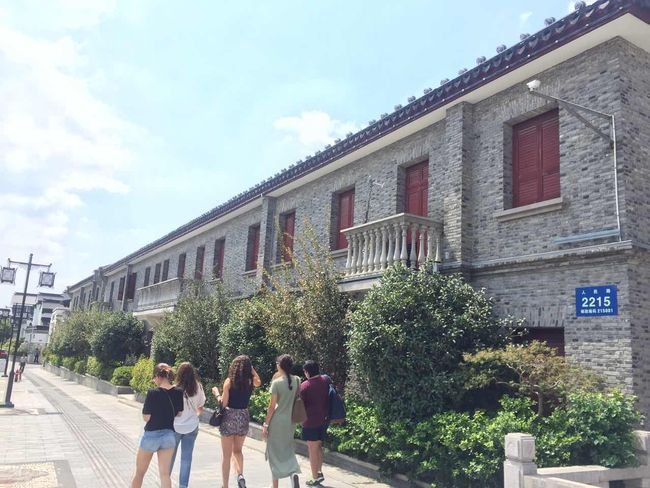
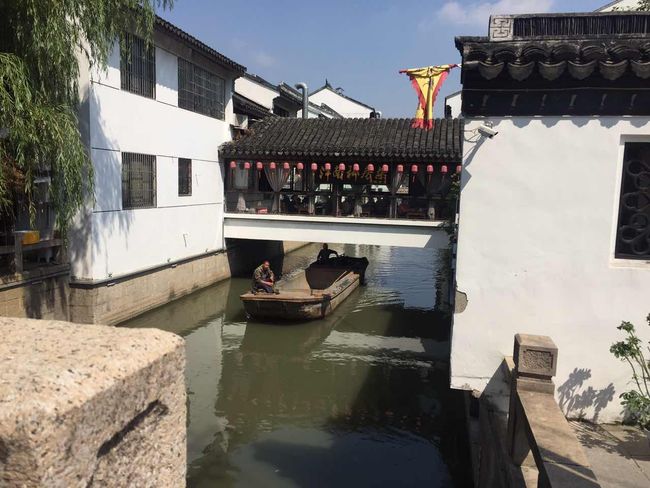
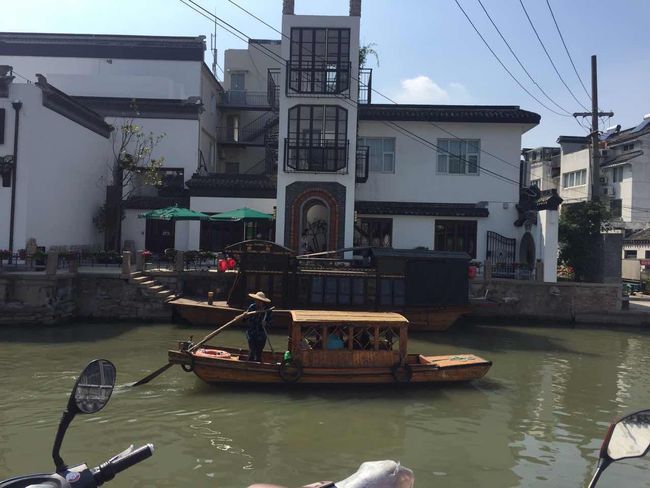
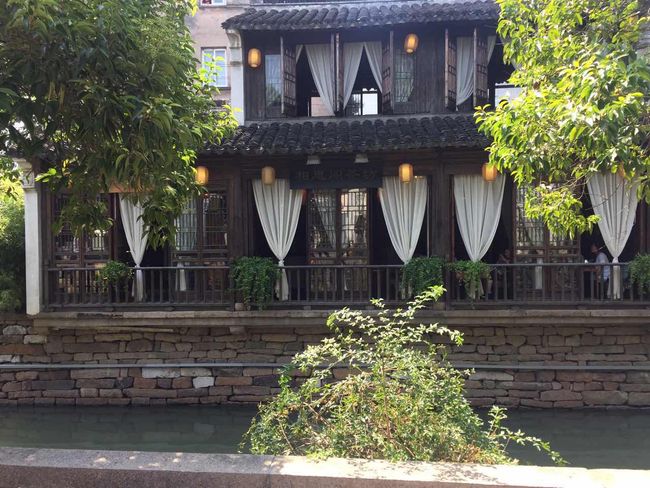
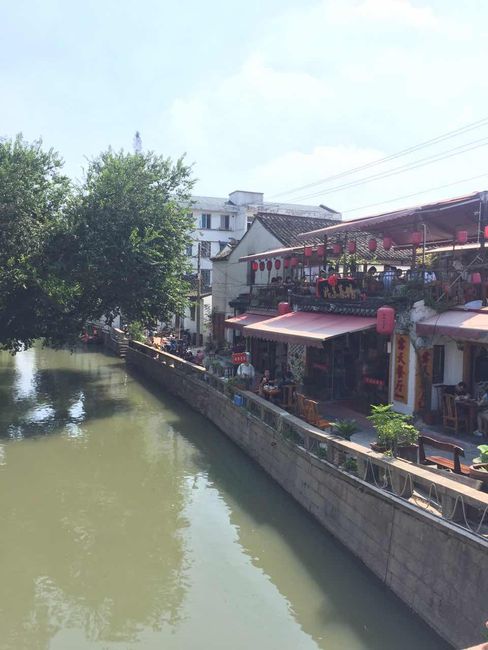
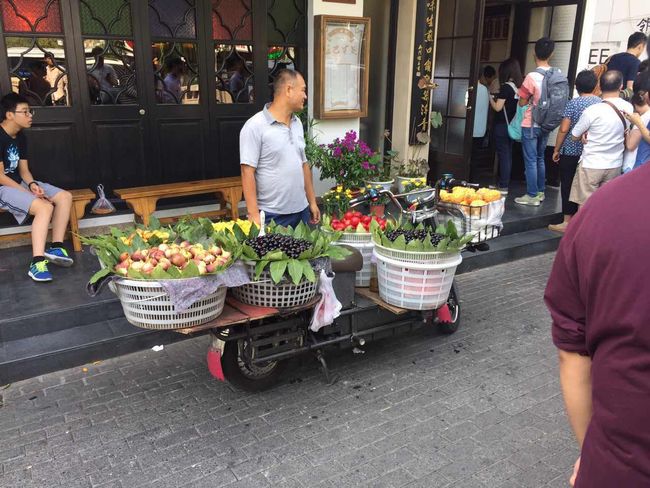
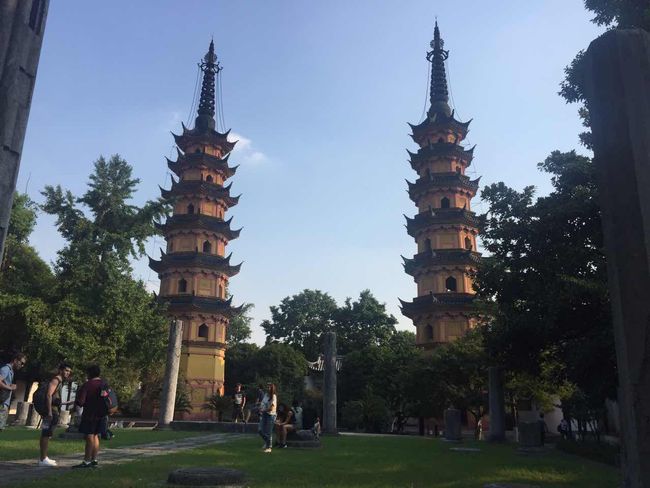
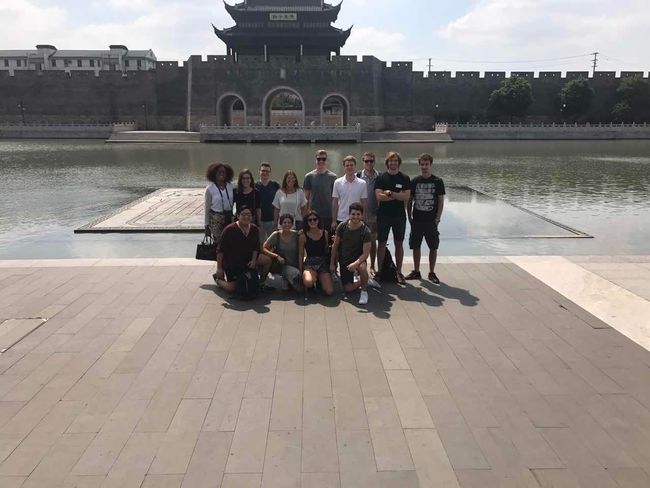
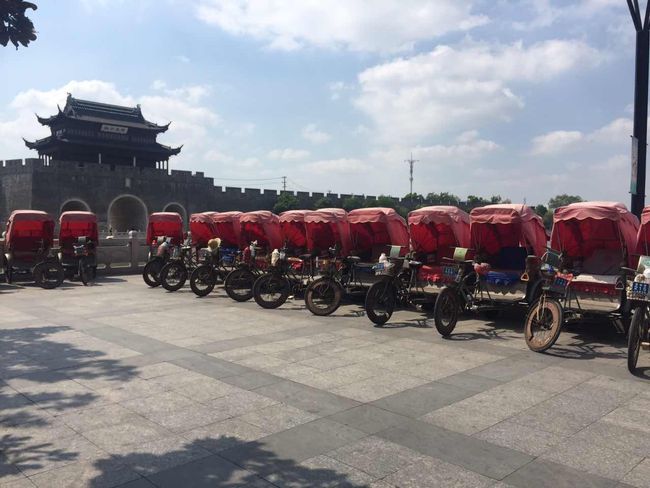
Mag-subscribe sa Newsletter
Hello! On my second weekend in Shanghai, my first trip took me to nearby Suzhou. The city, with its 10 million inhabitants, is located about 100km east of Shanghai and can be reached by train in 30 minutes. Since the city is so huge, we decided to visit the Gusu district, which appeared to be the most beautiful with its canals, temples, and gardens. I was accompanied by a group of 12 other exchange students who are also studying at Jiao Tong University, where we planned the trip a few days earlier.
When we arrived at the train station in the city, two differences from Shanghai were immediately noticeable! 1. The air was much cleaner and the constant haze that prevails in Shanghai had disappeared. 2. The buildings here were often not taller than 25 meters, which was very pleasant compared to Shanghai's high-rise jungle. In addition, we had very good weather, which motivated us to walk straight to the city center with great enthusiasm...
Our first destination was the Beisi Ta Pagoda. This nine-story and octagonal tower, standing at about 75m, could already be seen from the train station. The roofs in their typical form and the many incense sticks gave the place a quiet and relaxed atmosphere and strongly reminded me of the many temples in Bangkok, Thailand. Unfortunately, we couldn't go all the way to the top as access was only for Buddhist monks who strolled through the forecourt of the pagoda, under the trees, and past a large Buddha statue.
Since the city is known for its many parks, some of which are UNESCO World Heritage sites, we decided to go to the vicinity of Zhuozheng Yuan (translated as 'The Humble Administrator's Garden'). Passing by the Suzhou Museum, known for its many locally significant artworks, we arrived at the largest garden in the city. I liked the many Chinese pavilions here, which were located on the banks of the waters, full of water lilies! Unlike Japanese gardens, where every stone had to be in the right place, the focus here was more on the 'whole'. The small islands in the ponds were connected by bridges, allowing us to enjoy new views of the garden. It was like a little discovery tour in the midst of the garden, trying to feel like an old emperor in China who had retreated to the idyll in the summer.
After lunch, we found ourselves in one of the many bustling side streets of Suzhou. Unfortunately, these now resemble the city known for trade and craftsmanship of a few decades ago. Today, you can find small shops offering textiles (often silk), numerous art shops, and restaurants & cafes. Another highlight were the many canals running through the city. Similar to Venice, people were also transported here. However, unlike the famous Italian port city, Suzhou also transports food or other goods through the city. It gave the city a very lively atmosphere and invited us to linger, where we could occasionally see interesting things floating on the water.
Our way back to the train station led us past a square with two pagodas, which were located opposite each other, allowing us to enjoy the last rays of sun with a good view of the city wall before we headed home.
However, since we missed the last train back to Shanghai in the evening, we were actually prepared for a night in a hostel. However, it didn't come to that as we found a cheap alternative to the train with Didi (China's version of Uber). The 1 1/2 hour car ride was over quickly after a short nap and we were back on the university campus in Shanghai.
Until next time and goodbye from Shanghai!
Mag-subscribe sa Newsletter
Tubag (2)
Jürgen
Eine tolle Beschreibung und die richtigen Fotos dazu: Einfach herrlich. Uns hat ueberrascht wieviel Gruen dort ist und wie sauber und gepflegt alles aussieht.
Danke fuer den Eindruck und das Mit-Erleben.Reinhard.
Ich bewundere deinen Unternehmungsgeist. Von der 23 Mil. Metropole Shanghai gleich am 2. Wochenende zur nächsten 10 Mil. Metropole Suzhou. Aber die Bilder überzeugen schon dass es sich gelohnt hat. Aufgefallen ist mir der moderne Bahnhof in Shanghai und die schnittigen Waggons der Züge. Das Venedig des Ostens unterscheidet sich zum echten Venedig sicherlich durch die vielen Buddhistischen Tempel mit den charakteristischen Dächern.
Hast Du auf deinem Laptop bereits Chinesische Schriftzeichen? Ich vermute dass die beiden Schriftzeichen am Ende des Berichts "viele Grüße" heißen.
In freudiger Erwartung vieler neuer spannender Berichte.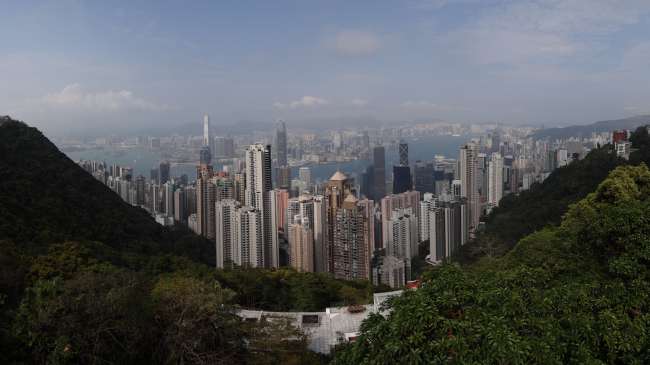
Mga taho sa pagbiyahe China
